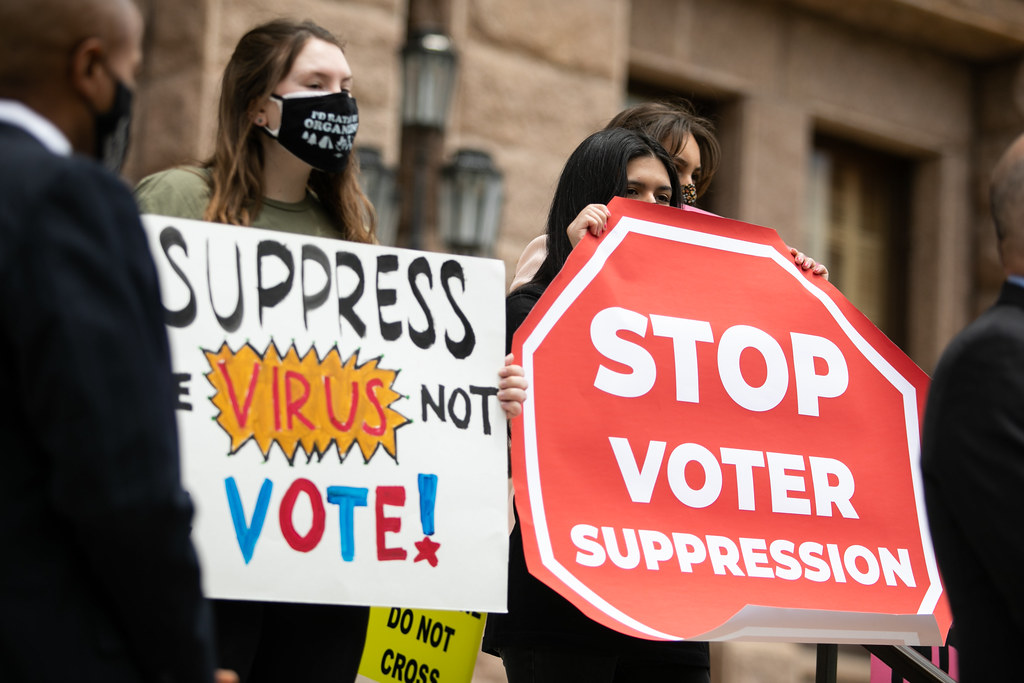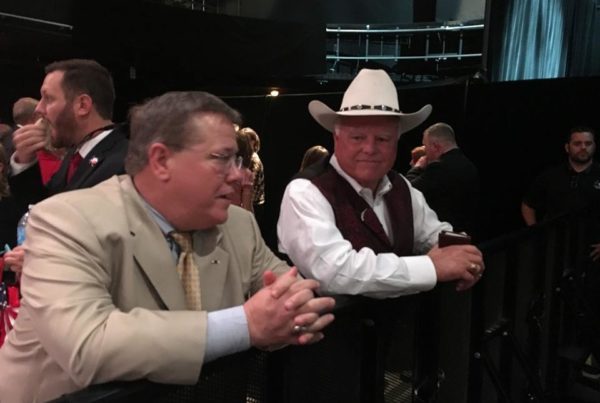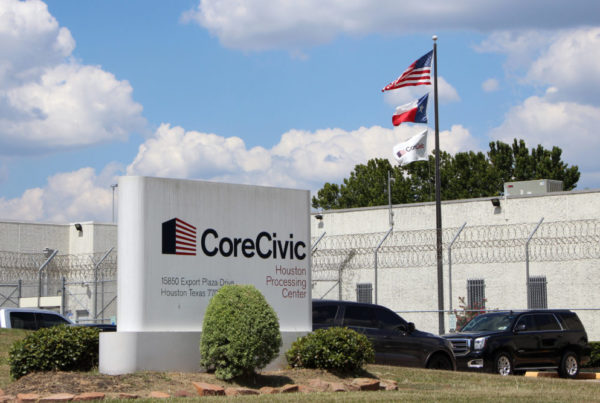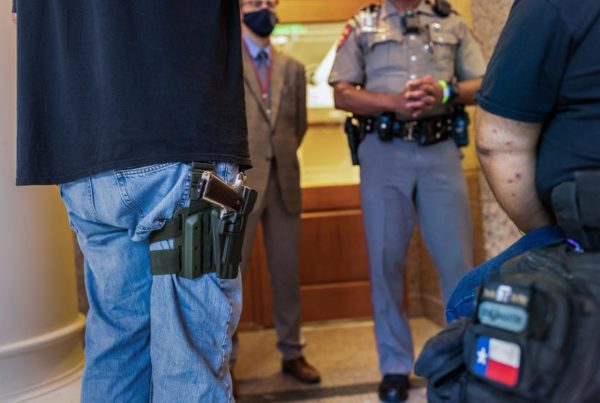At around 3 a.m. Friday, the Texas House approved its version of a sweeping voting bill that supporters call election integrity legislation, and opponents say restricts access to voting, especially for people of color. GOP leaders in the House and Senate will negotiate, possibly behind closed doors, to iron out differences in the House and Senate versions of the bill, and Gov. Greg Abbott is expected to sign it.
Richard Pineda is director of the Sam Donaldson Center for Communication Studies at the University of Texas at El Paso. He told Texas Standard that critics of the voting changes say those changes would make it harder to vote in Texas, and that the kind of voting fraud proponents say they want to prevent, did not occur in the 2020 election.
“[Supporters of the bill are] trying to say they’re not reacting to this past presidential election, but what they are reacting to is some of the efforts in Harris County, for example,” Pineda said.
In 2020, Harris County officials planned to send applications for mail-in ballots to all residents, and extended drive-through voting hours during the early voting period. The county said these measures were needed to provide a safer way to cast ballots during the pandemic.
The new voting rules would prevent counties from sending out unsolicited mail-in ballot applications, and the use of public funds to do so. It would be a felony to provide a vote-by-mail application if a voter had not requested it.
The bills also add protections for partisan poll watchers, who would gain greater access to polling places.
It’s very likely that whatever version of the GOP bill is passed, voting rights advocates will challenge it in court.
“It’s interesting to see the questions that were being asked by Democrats,” Pineda said. “Because I think these were precursor questions to an eventual legal challenge.”
As lawmakers have negotiated with one another over the House and Senate bills, changes have been made. On Thursday, a provision that would have prevented a voter with disabilities from bringing an assistant into the voting booth was eliminated from the Senate version of the bill.
“I think there was a conclusion that that would potential violate the [Americans with Disabilities Act,]” Pineda said.
Pineda says the partisan fight over voting restrictions is a precursor to the decennial redistricting process that the Legislature will lead later in the year. At stake are two new Congressional seats Texas gained as a result of the 2020 census.
“Those two things are potent, not only in terms of Republicans maintaining not only control of politics in Texas, but it makes it incredibly hard for the Democrats,” Pineda said.
















